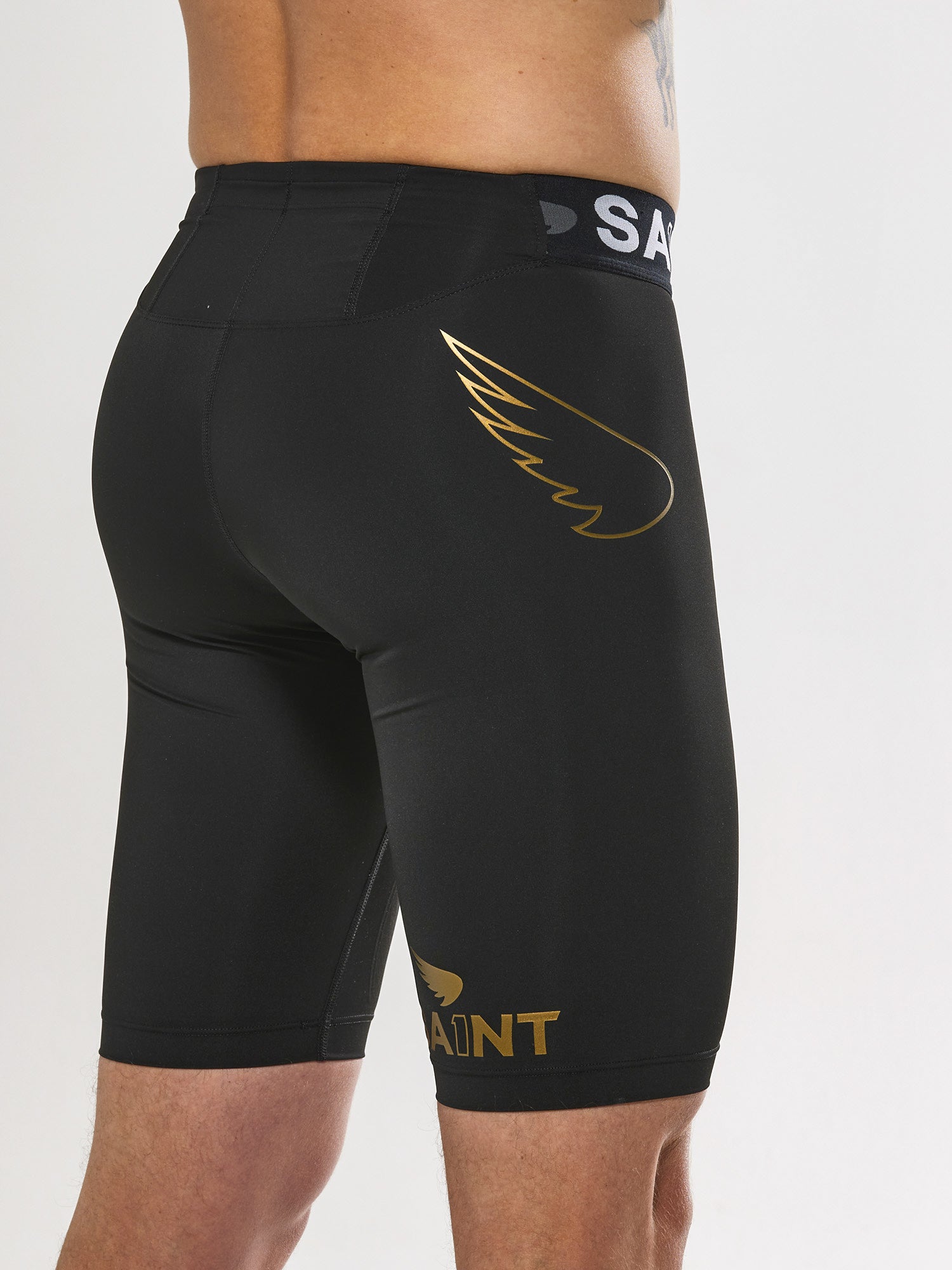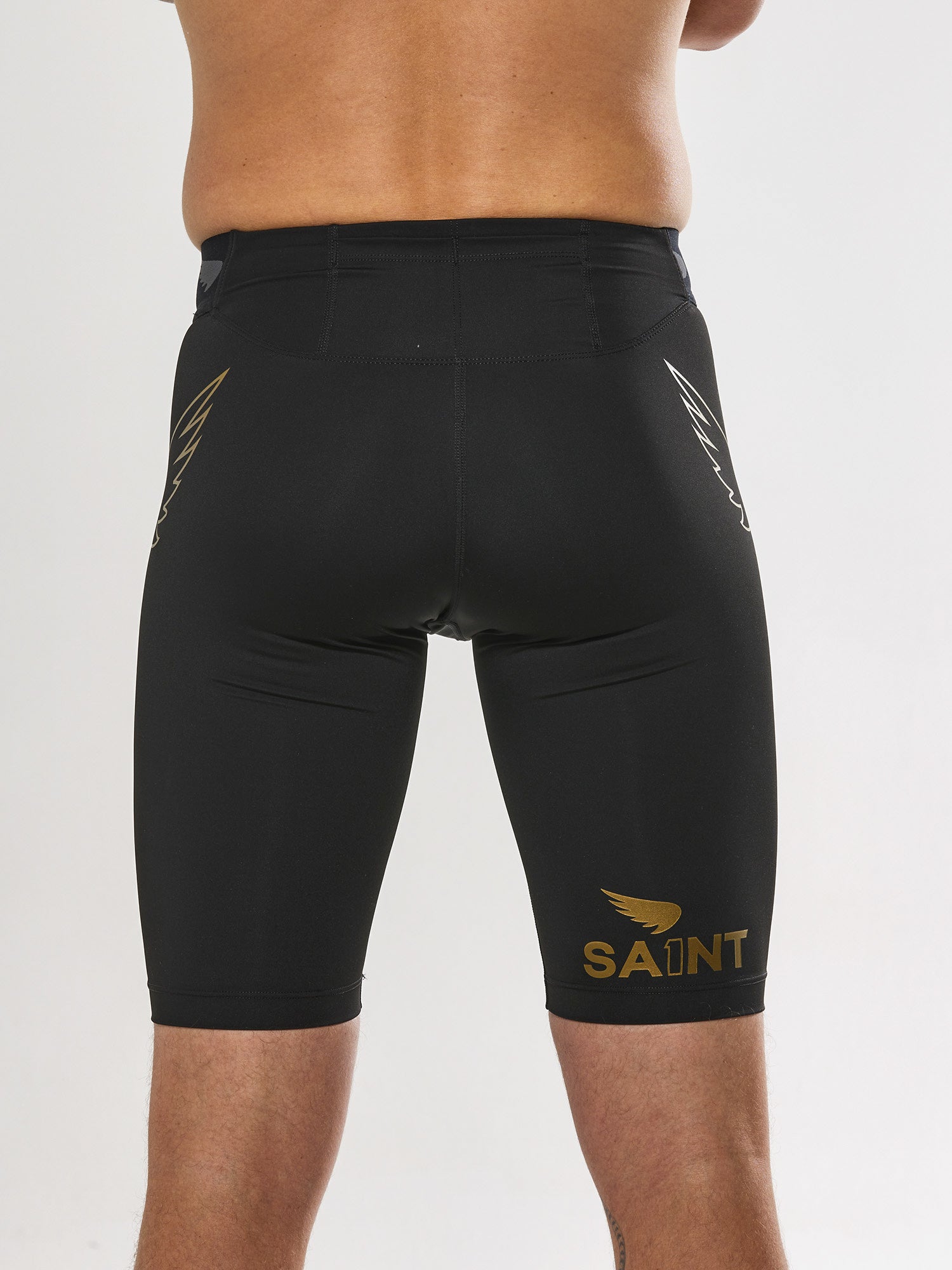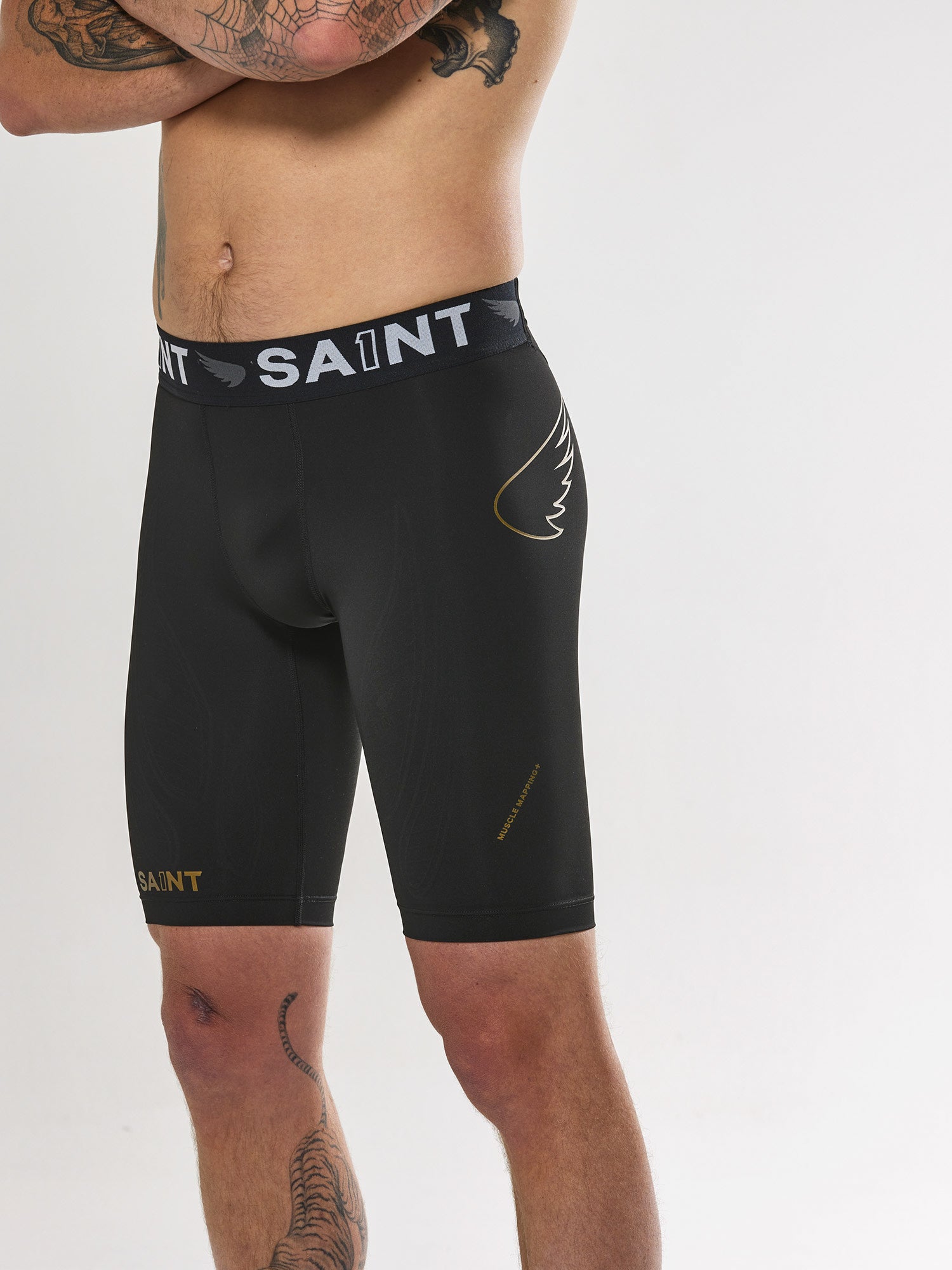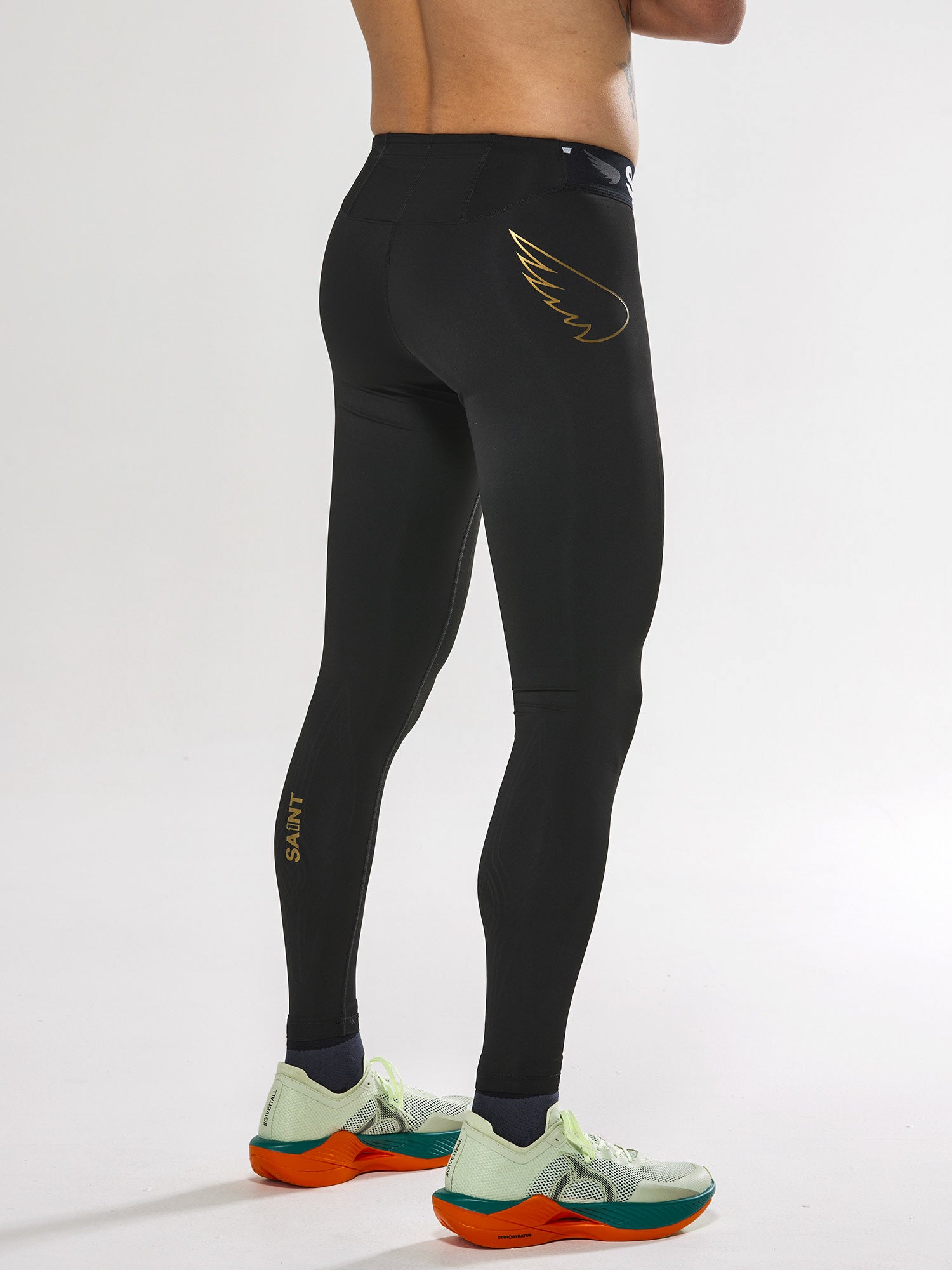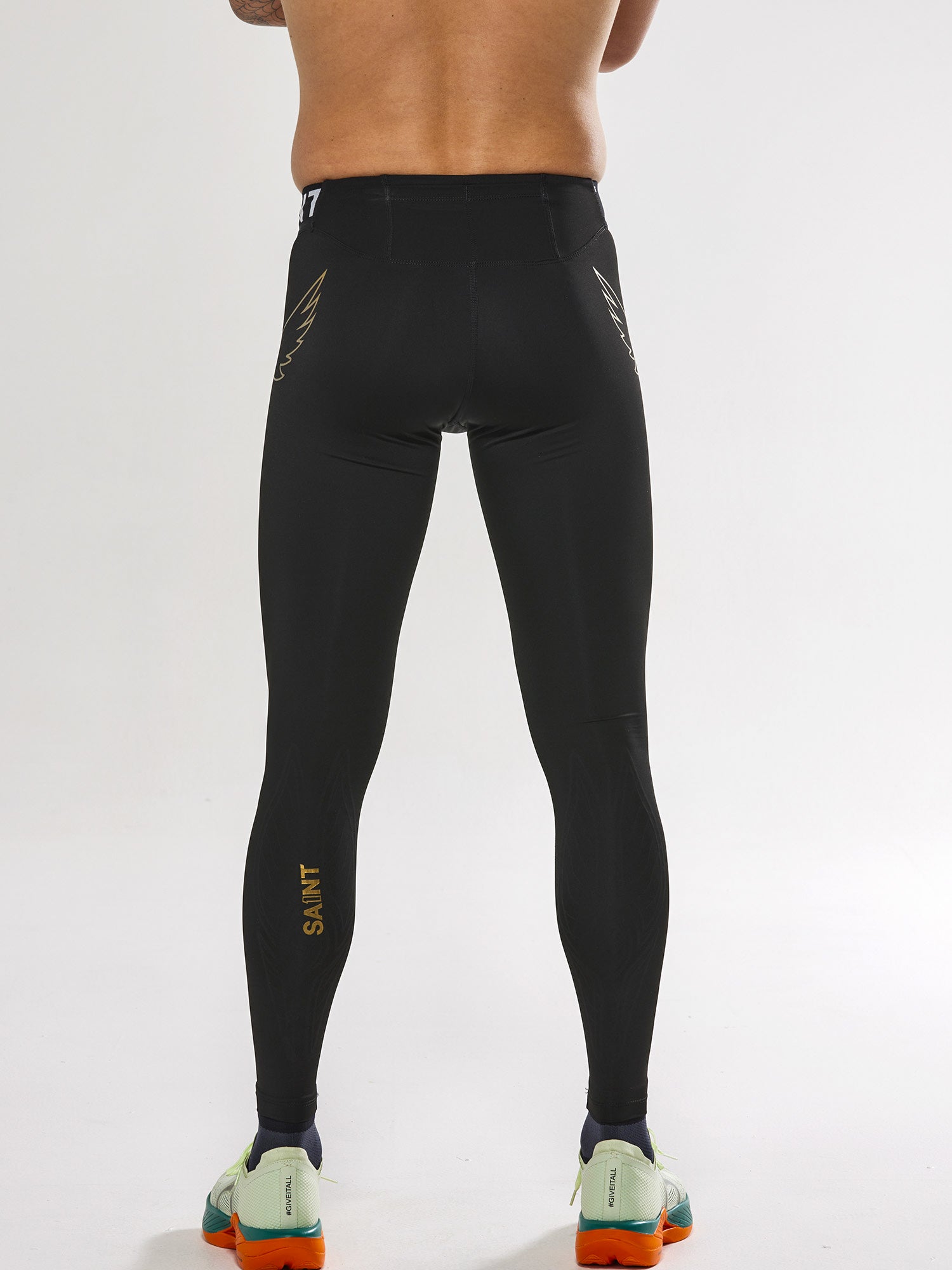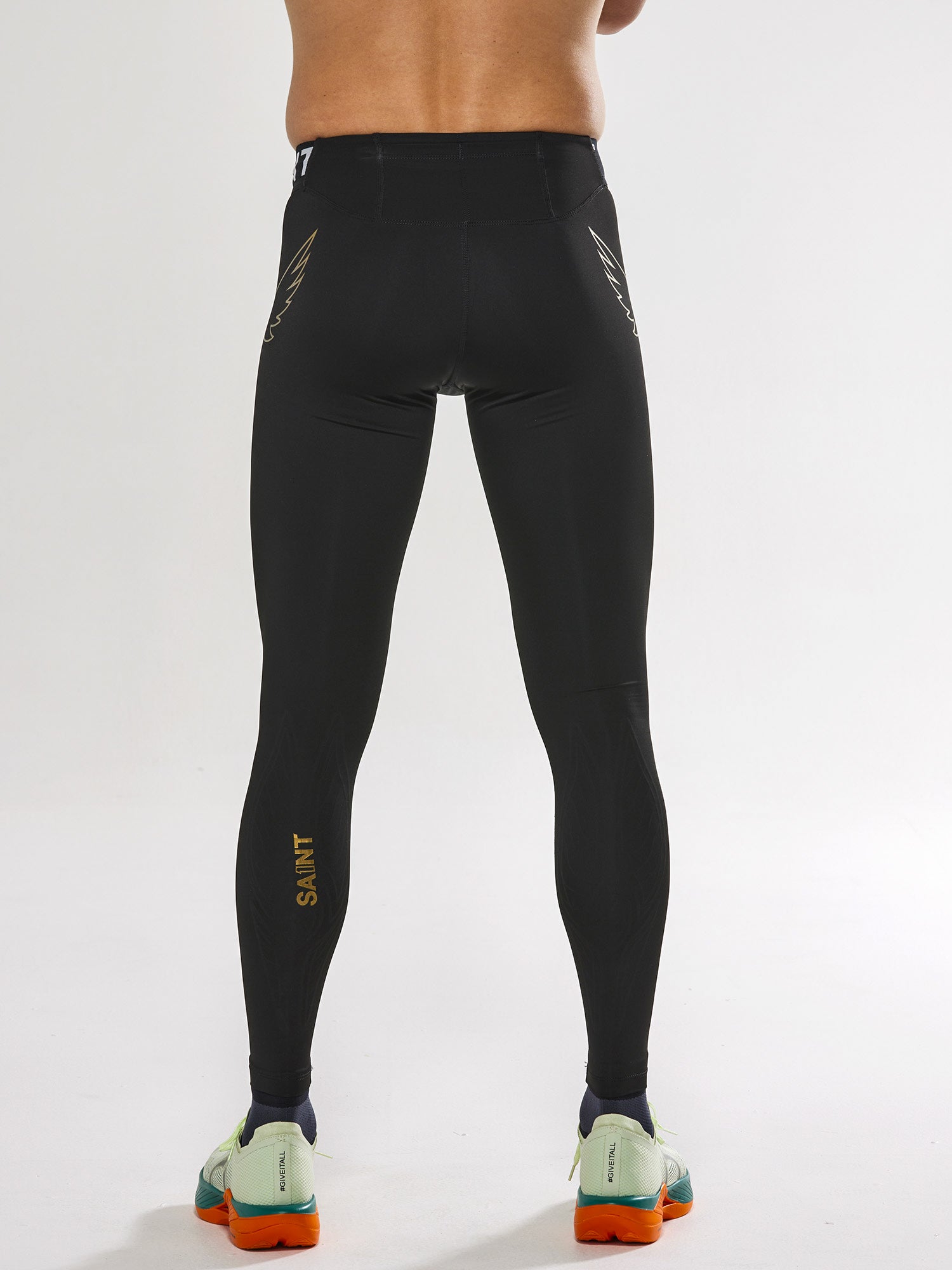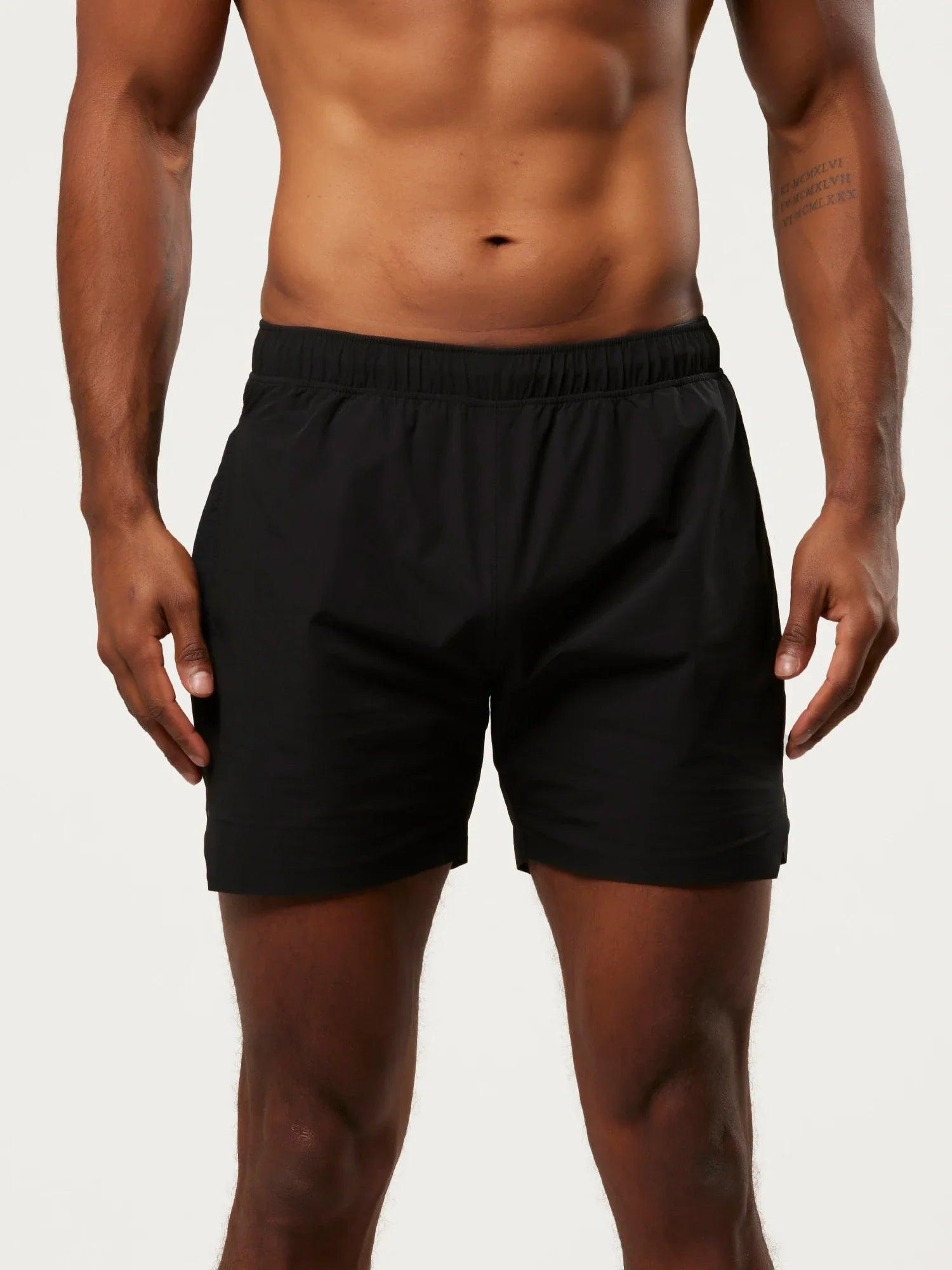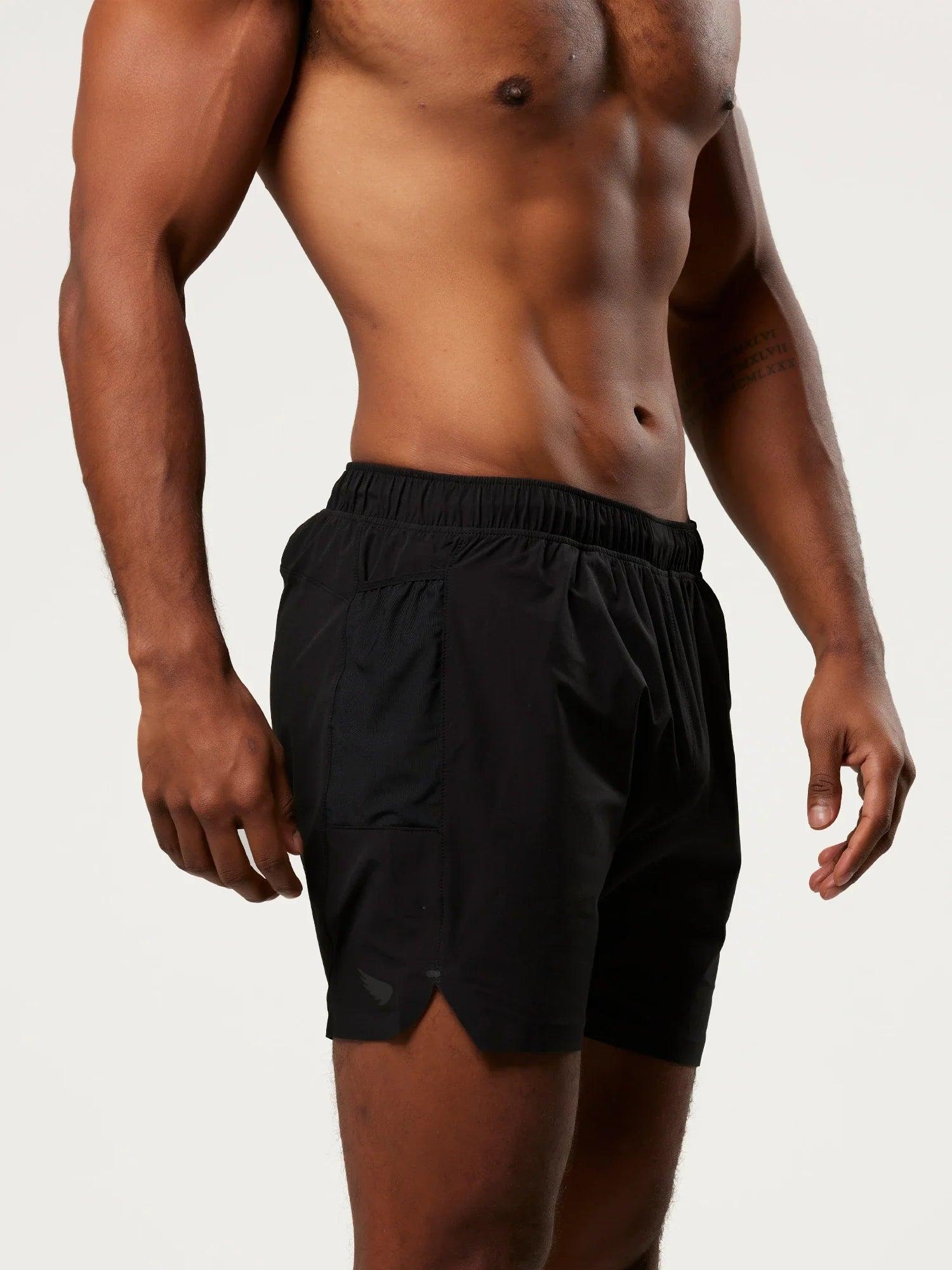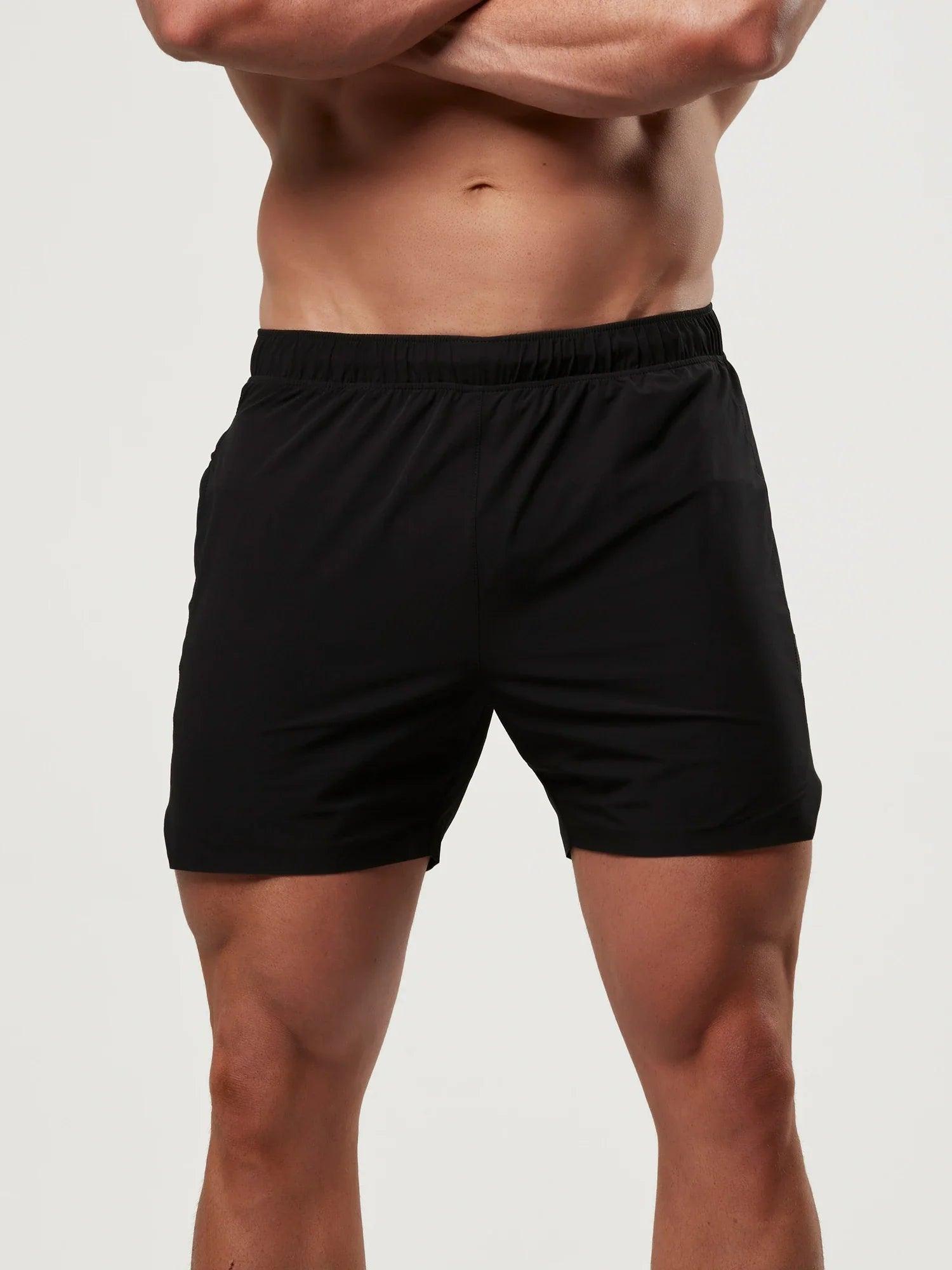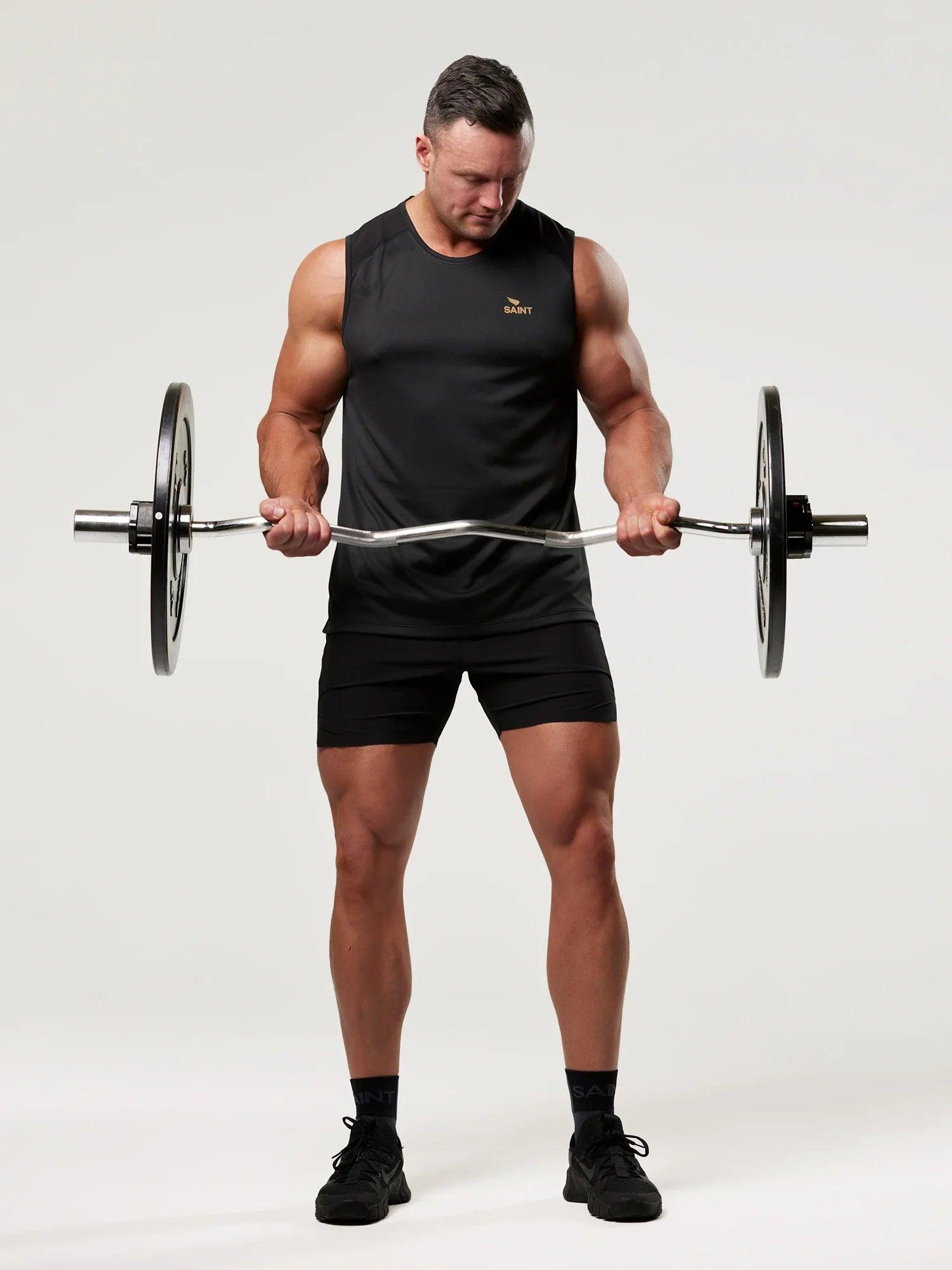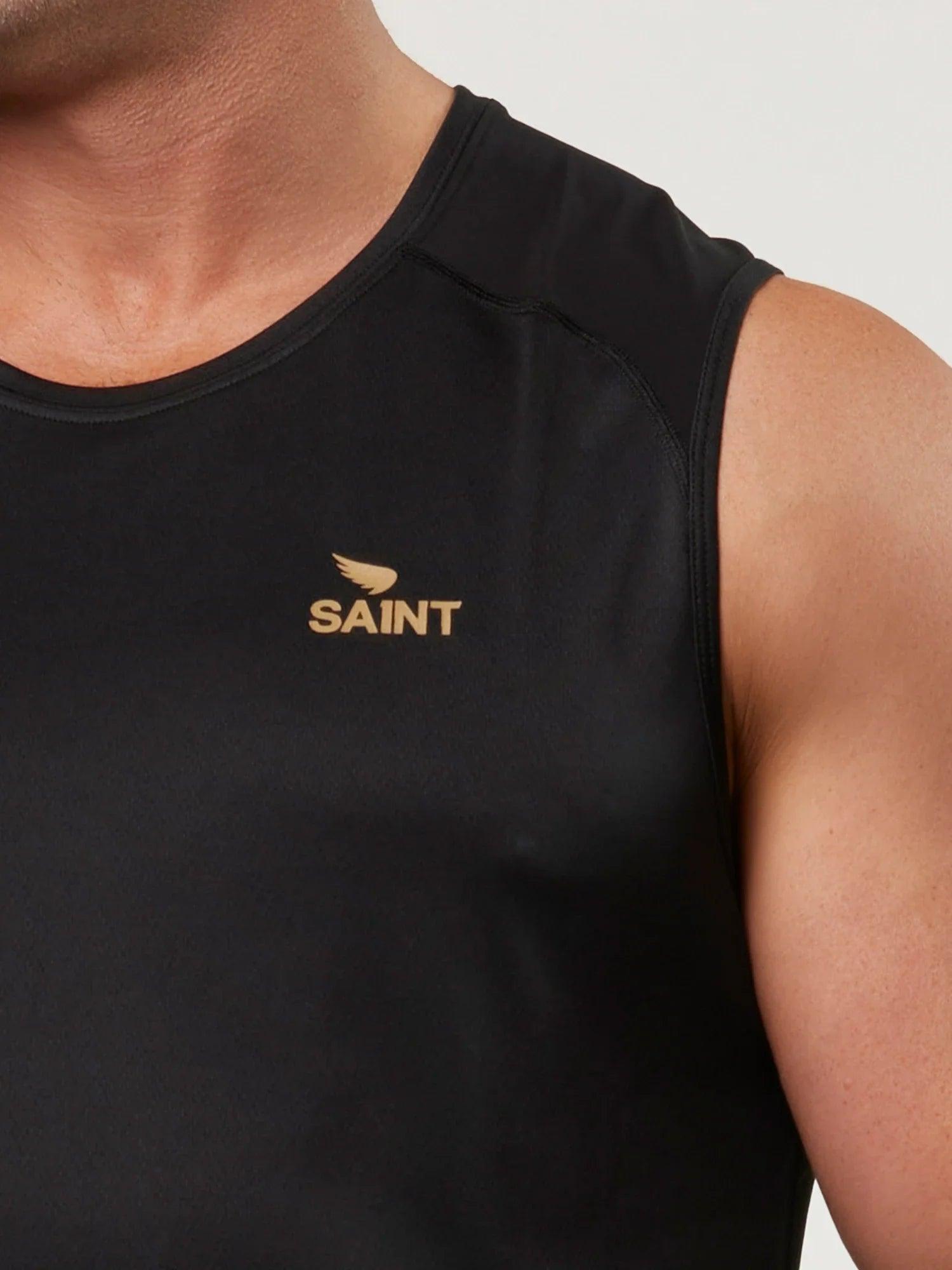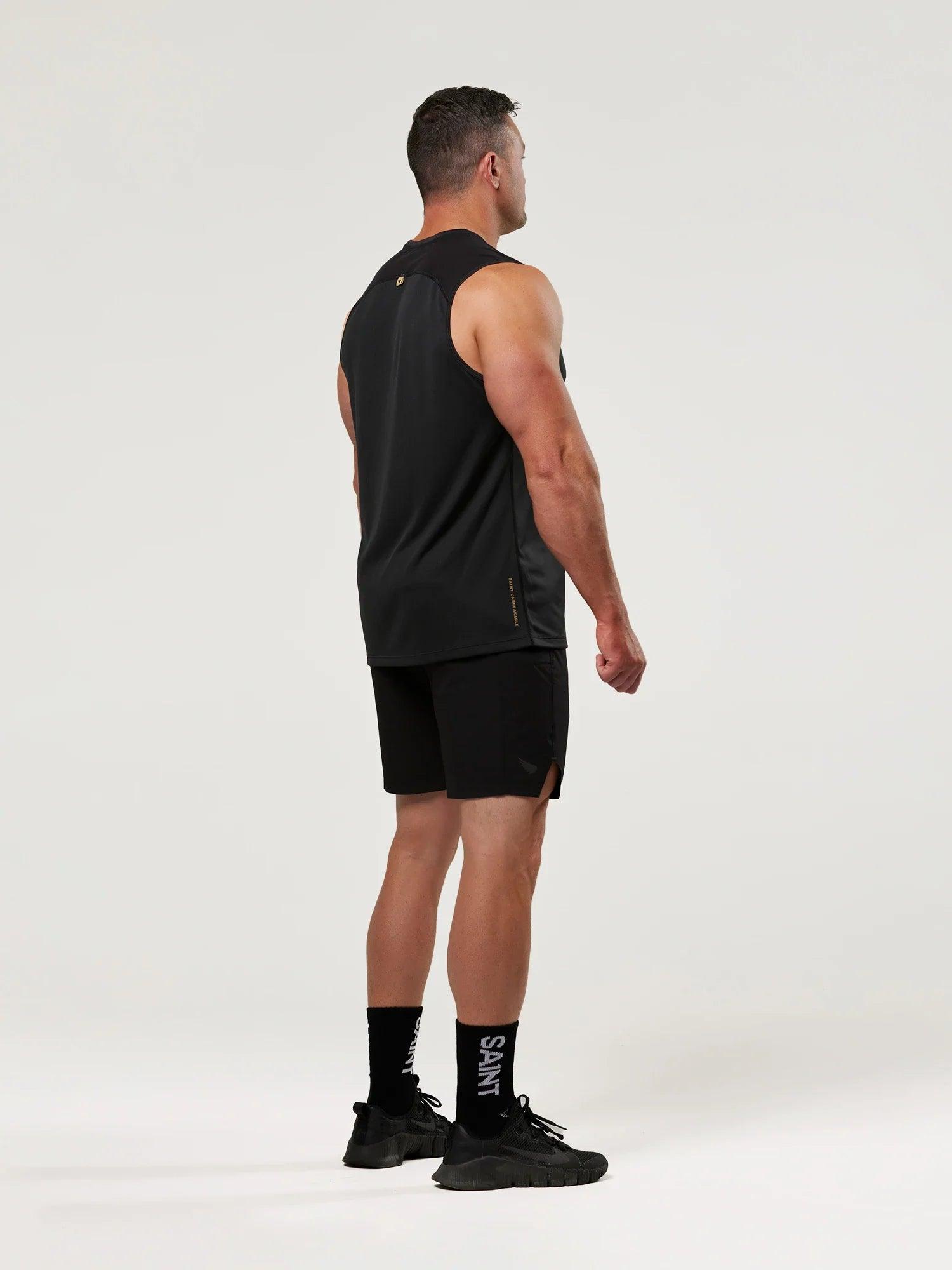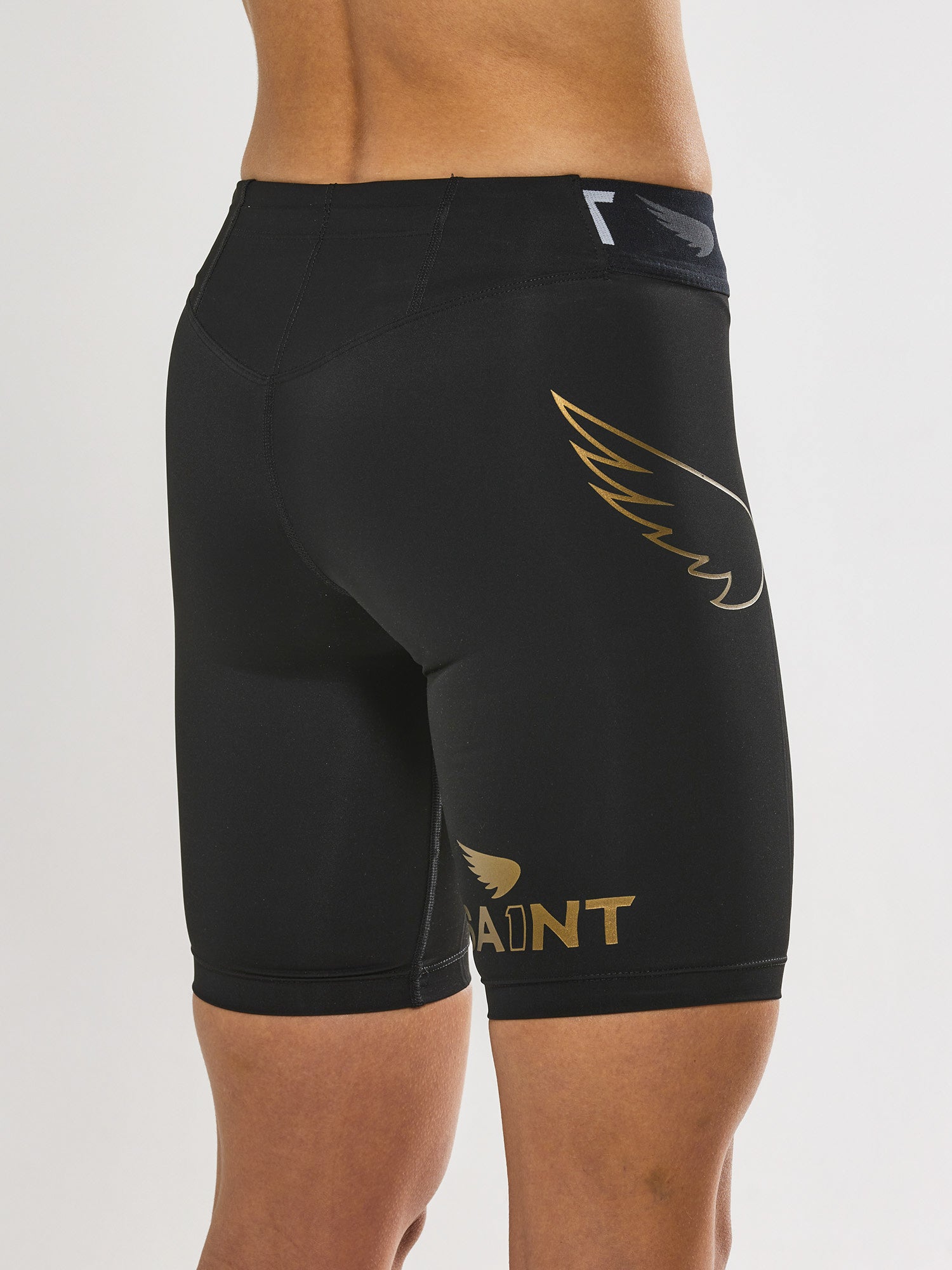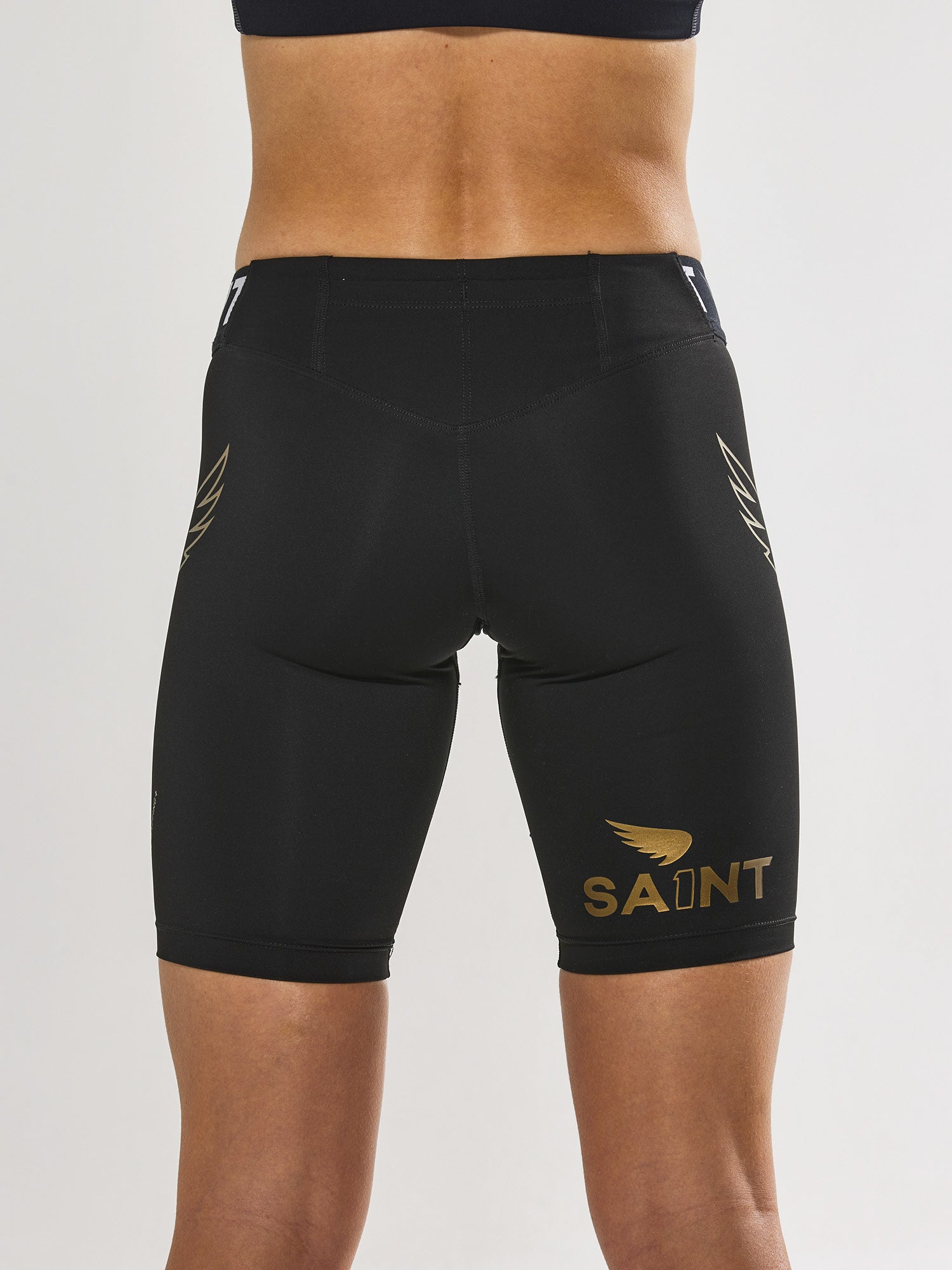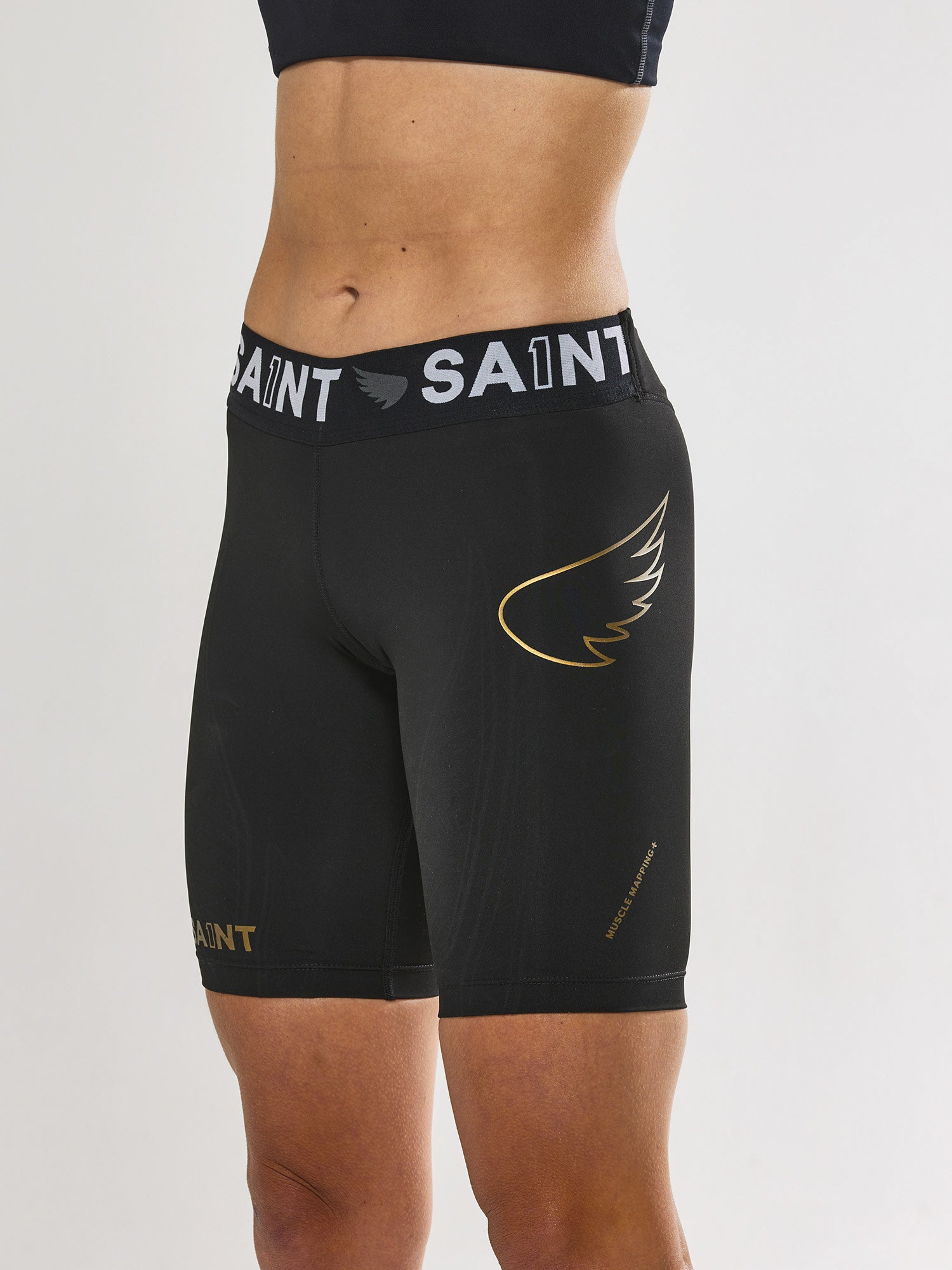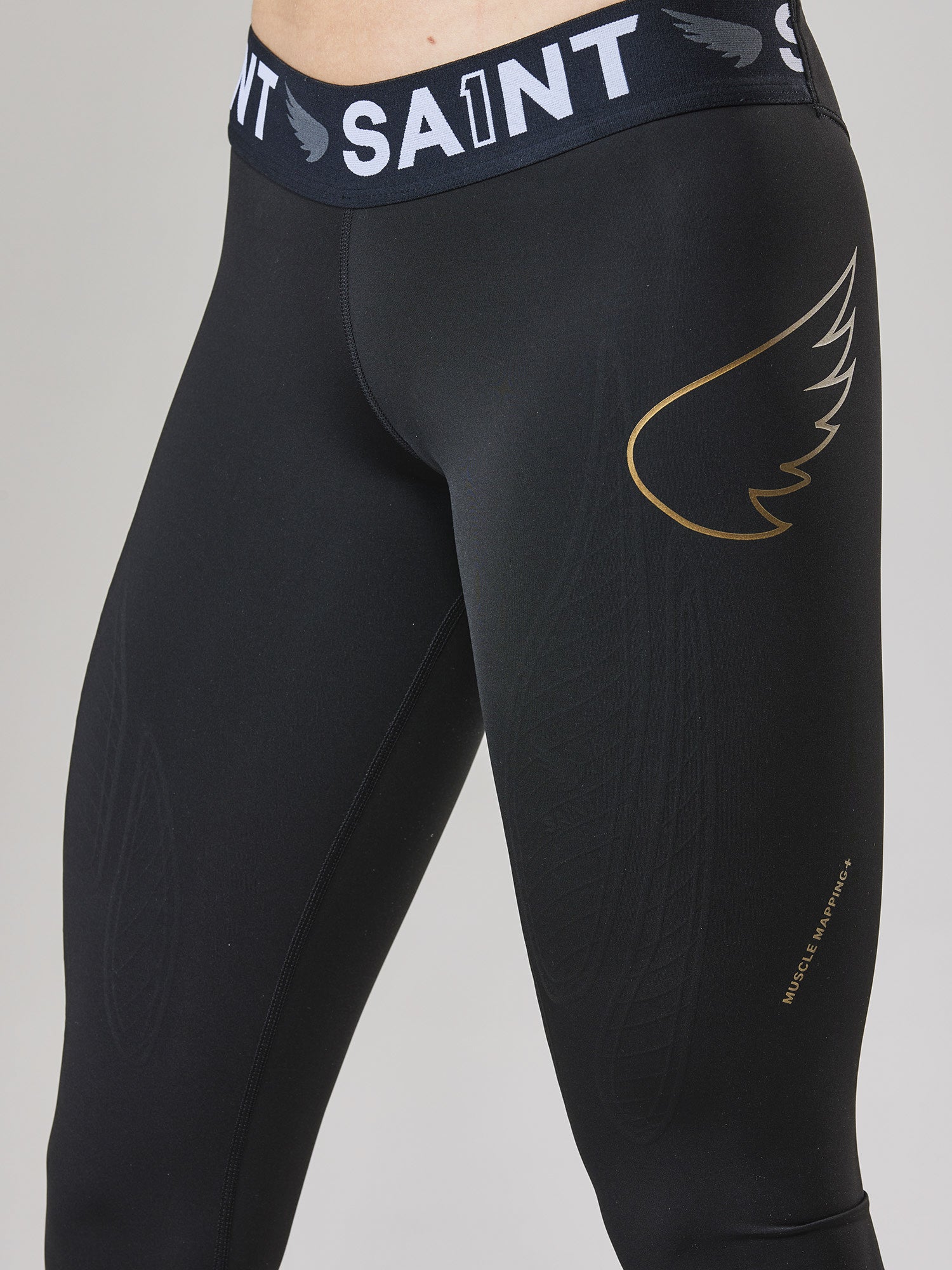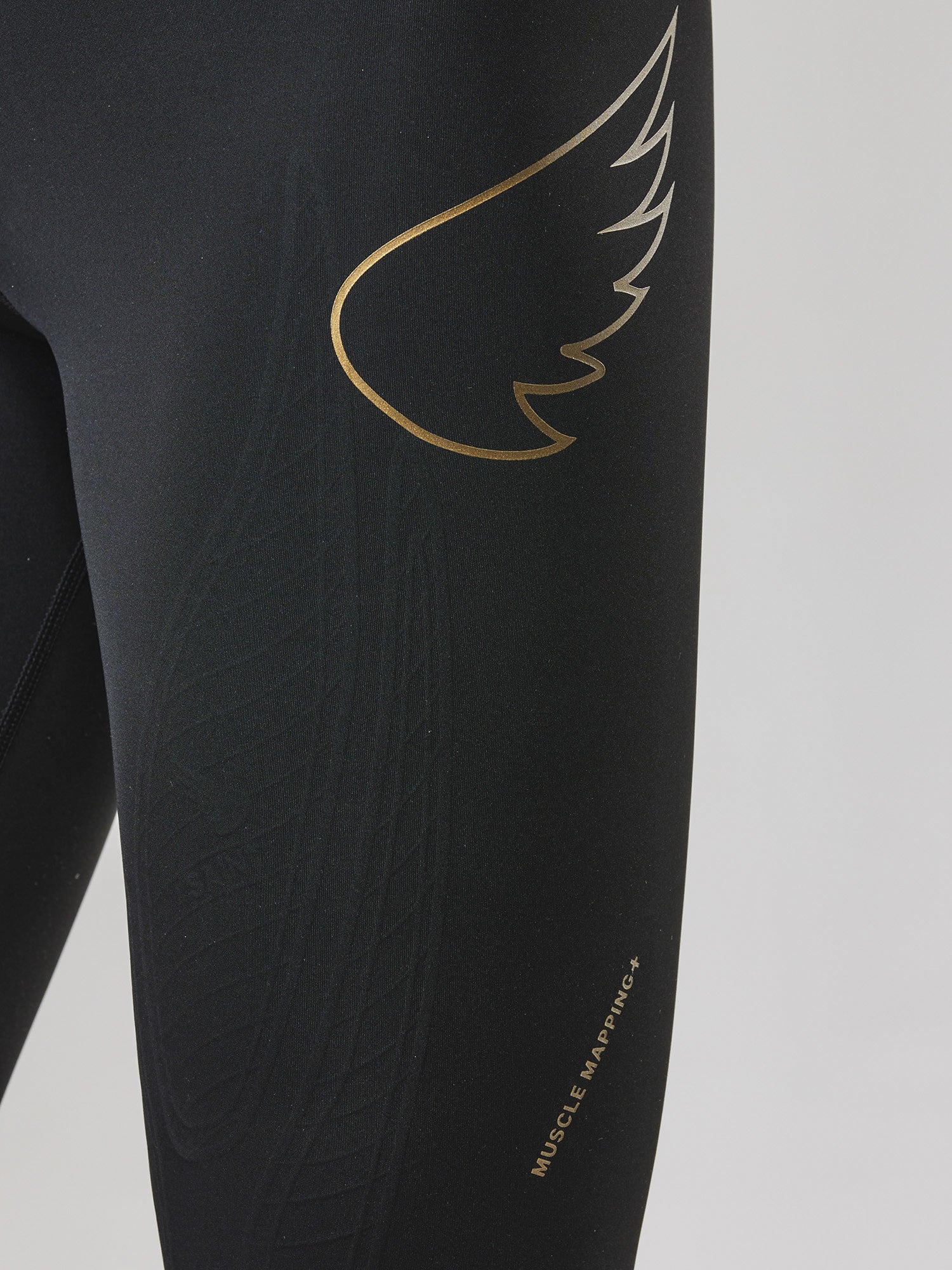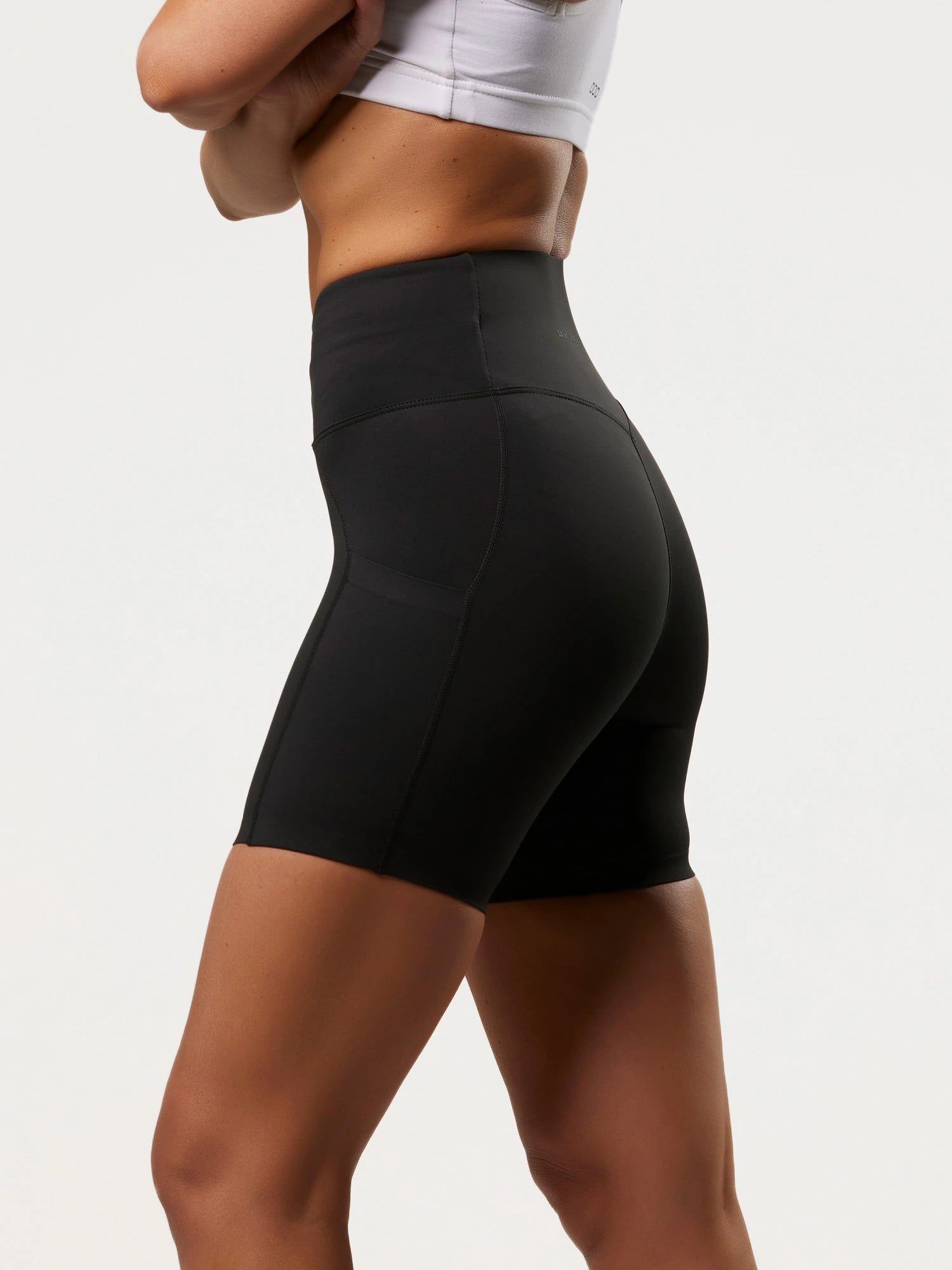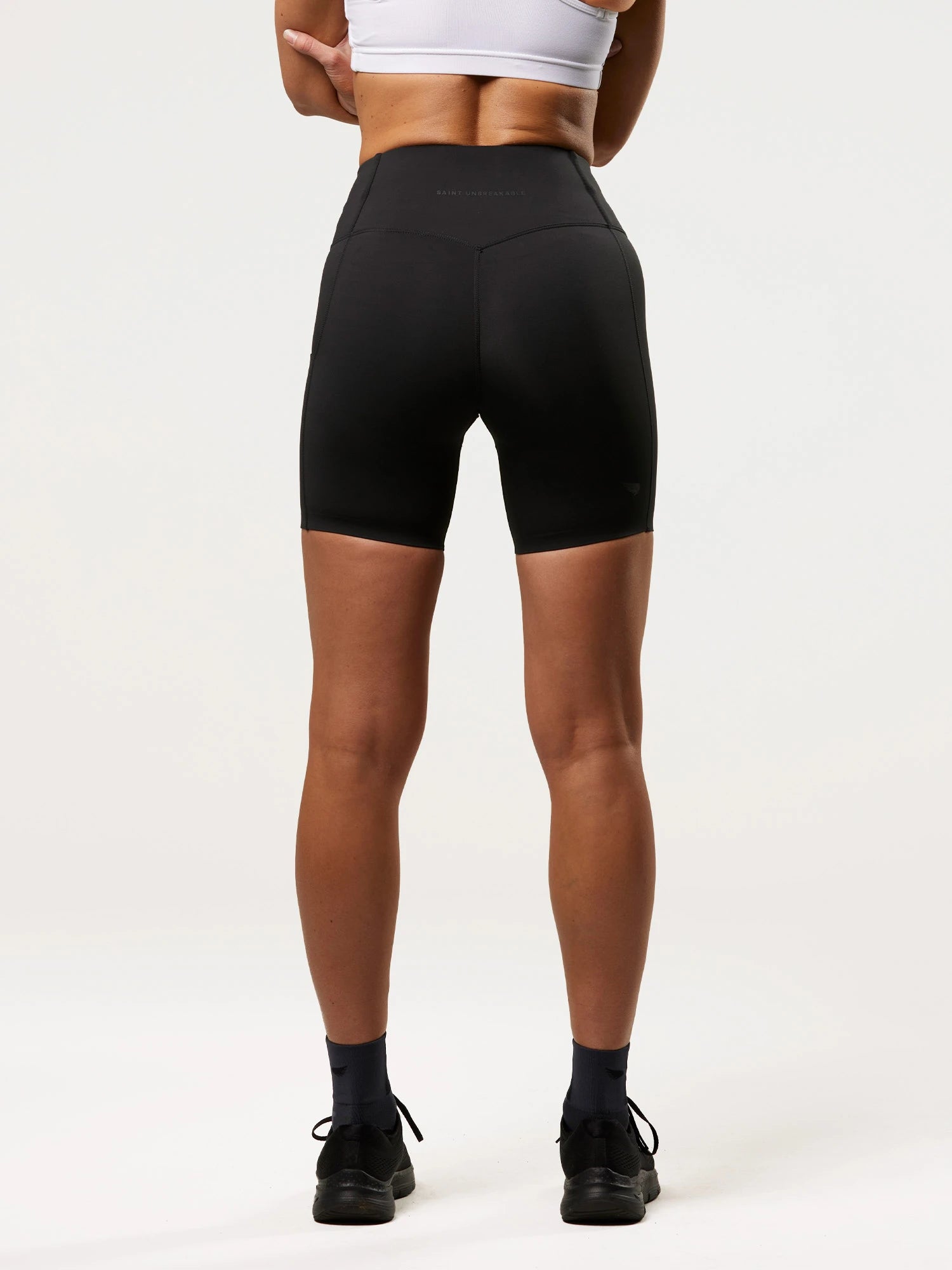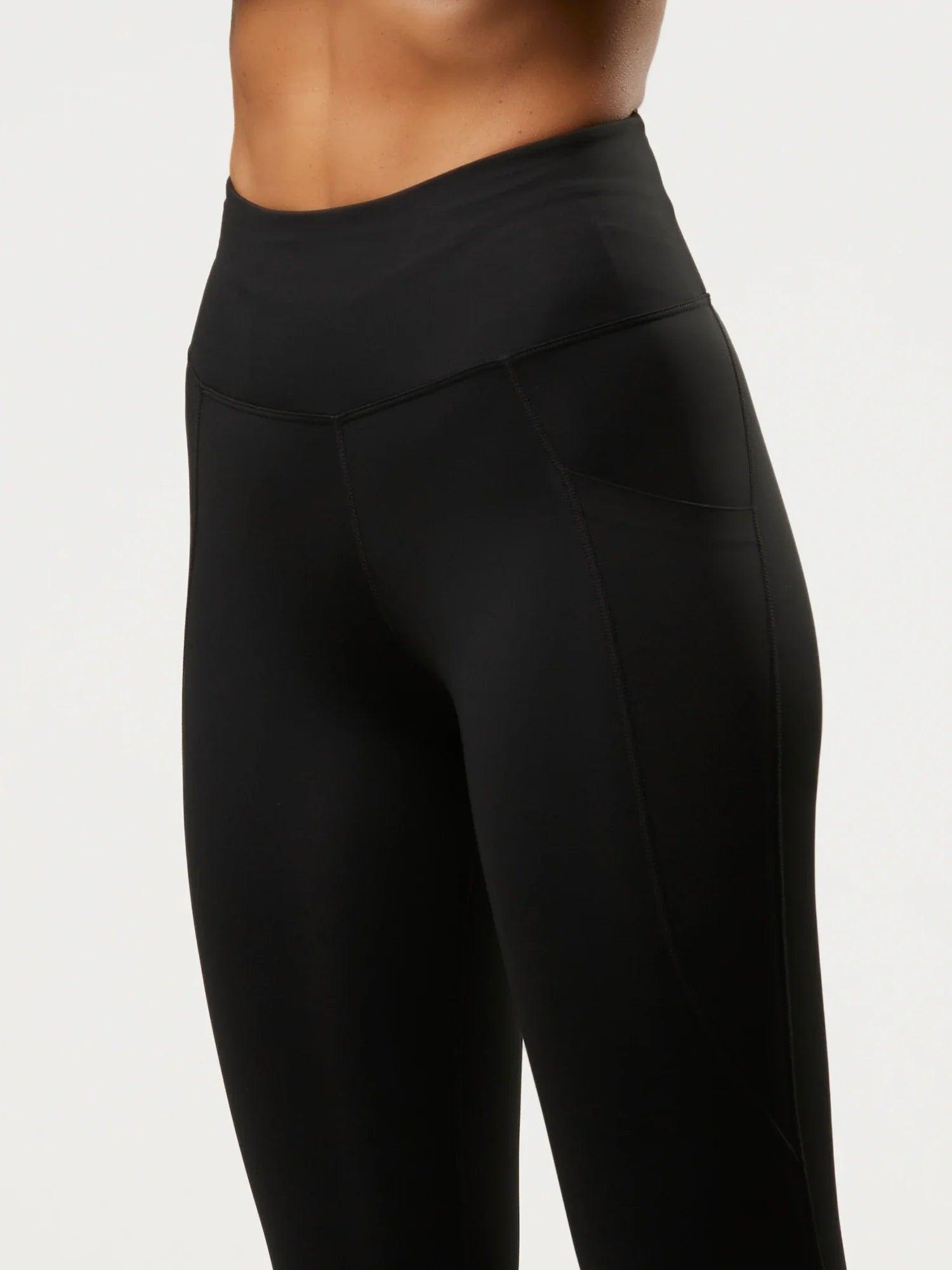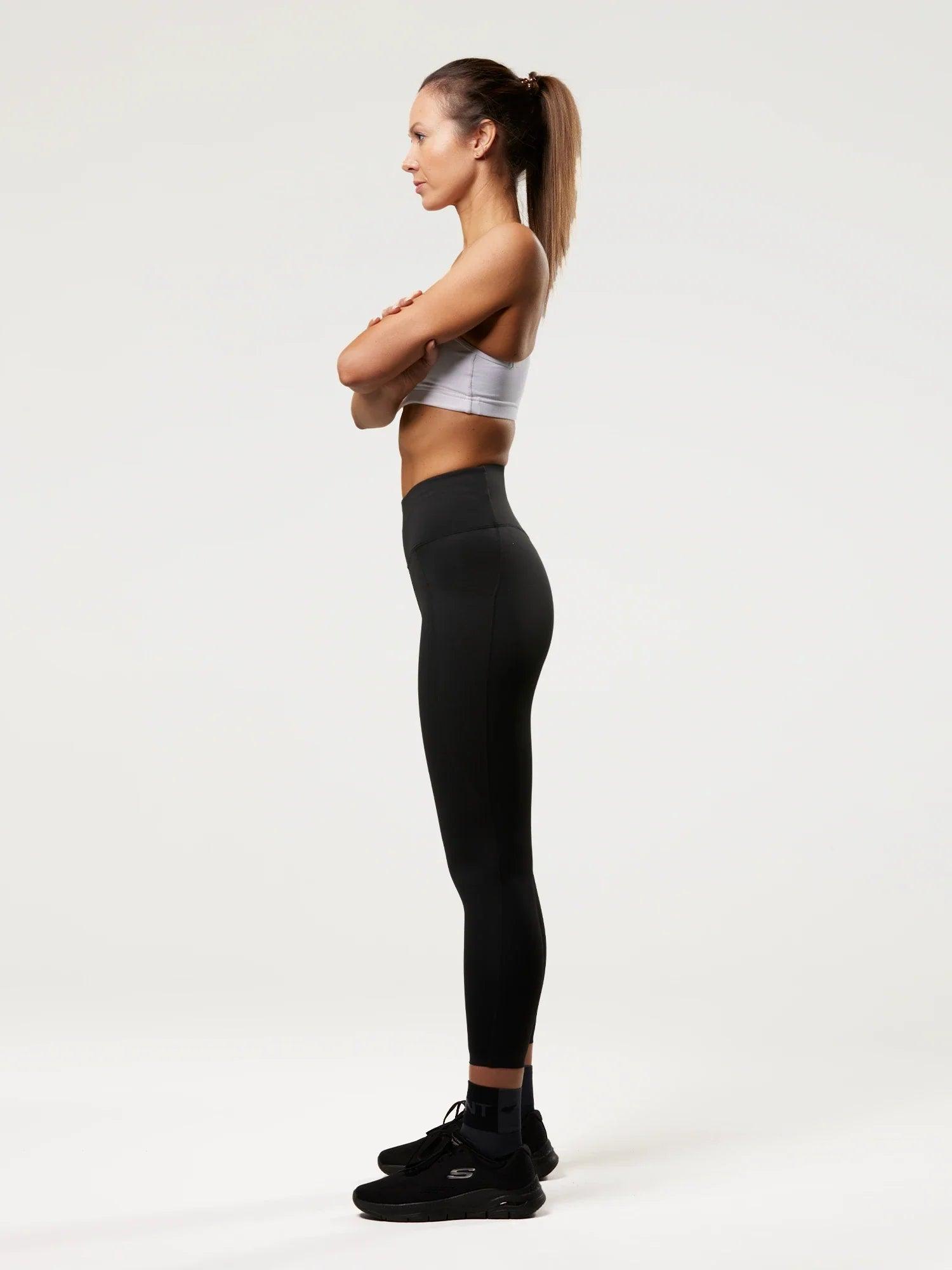We all know the importance of hydration, and yet many athletes still don't pay enough attention to their fluid intake. Hydration and exercise go hand in hand, and you can get the most out of your next workout by understanding how it all works.
Proper hydration has many benefits, including muscle function, cardiovascular function, temperate regulation and even post-workout recovery. Keep reading and we'll run through the many factors that affect hydration levels.
Understanding the Key Aspects of Hydration
Hydration does a lot more than keep you from feeling thirsty. Sweating plays a crucial role in regulating body temperature, so you'll need to keep your fluid levels topped up so your body can do its job properly.
Staying hydrated also plays an important role in blood circulation. Blood is mostly composed of water, so maintaining adequate hydration levels ensures optimal blood flow, which supports efficient blood circulation, nutrient transport and oxygen delivery to cells.
Factors Affecting Hydration
Many factors affect your sweat levels during exercise. Things like the temperature, humidity levels and exercise intensity will affect how much fluid you're losing through sweat.
Not everyone sweats the same either. Your fitness level and body composition affect the levels of sweat that an individual produces. Your clothes will also factor into your sweat levels. Exercise clothing made with moisture-wicking fabrics, for example, move the sweat away from your body and regulate your temperature as you exercise.
Dehydration and Its Impact on Performance
Proper hydration has a direct impact on your athletic performance. As we've discussed above, poor hydration can lead to decreased blood volume. This means that your heart has to work even harder to pump blood and deliver oxygen into your muscles, leading to fatigue and reduced endurance.
Poor blood flow can also have a direct affect on muscle function, reducing your bodies' capacity for strength and power. Dehydration can also contribute to muscle cramps, which are involuntary contractions of muscles. Electrolyte imbalances caused by fluid loss has been theorised to play a role in cramp development.
Dehydration can also lead to a heat related illness like heatstroke. Heatstroke occurs when your body's temperature regulation mechanisms fail and your core body temperature rises to dangerous levels. The sweat your body produces can help to stabilise your body temperature, which is why keeping hydrated is so important for bodily function.
Many people aren't aware that poor hydration can also have an effect on your cognitive function. Dehydrated athletes might have difficulty concentrating, paying attention and making decisions. Not exactly what you need during a tough workout.
Striking the Right Balance: Not Too Much, Not Too Little
There is such thing as drinking too much water. While it's important to stay hydrated, chugging huge amounts of water can lead to over-hydration, or hyponatremia.
Hyponatremia happens when you drink large amounts of water without replacing electrolytes, thereby diluting the concentration of sodium in your blood. Symptoms of hyponatremia include nausea, headache, confusion, and swelling. In severe cases, it can even lead to death. Not that we're trying to scare you! Just don't let your water intake get our of control.
So yes, it's possible to overdo things when hydrating, but keep in mind that dehydration is a much more common issue among athletes than overhydration.
Measuring Your Sweat Rate for Personalised Hydration
One way of determining your fluid needs is to estimate your sweat rate. That way you can figure out exactly how much fluid you're losing during an intense workout.
To estimate your sweat rate, weight yourself before and after exercise. Wear minimal clothing and use the same scale for accuracy. Your body weight lost represents the amount of fluid lost through sweat. Each kilogram of weight lost is roughly equivalent to about 1 litre (1000 millilitres) of fluid.
Fluid Loss(millilitres) = Initial Weight(kg) − Final Weight(kg)
If you consumed any fluids during exercise, add that amount to the calculated fluid loss.
Net Fluid Loss (millilitres) = Fluid Loss(millilitres) + Fluid Intake(millilitres)
To calculate your sweat rate, divide the net fluid loss by the duration of exercise in hours.
Sweat Rate (millilitres per hour) = Net Fluid Loss (millilitres)/Exercise Duration(hours)
How Much Fluid Intake Do You Need
It's difficult to determine exactly how many millilitres of water an individual needs. Everyone has different bodies, and your fluid consumption will change depending on the sport or workout that you're engaging in.
What you can do instead is follow some practical advice to prevent dehydration. Here are some tips:
- You should always be hydrated well before a workout. Don't wait until the workout starts to get your body fluid up.
- Avoid excessive fluid intake before and during exercise. Instead, maintain hydration at a healthy level.
- Urine colour is a good indication of hydration status. Light yellow is a sign of good hydration. Dark yellow means you're dehydrated. Clear coloured urine might be a sign that you're drinking water too often.
Choosing the Right Hydration Fluid
Water: Water is great for most low to moderate-intensity workouts lasting less than an hour. For workouts lasting more than one hour, consider a drink option that contains more electrolytes.
Sports Drinks: A good sports drink contains a combination of water, carbohydrates, and electrolytes. They're designed to replenish fluids, provide energy in the form of carbohydrates, and replace electrolytes lost through sweat. Sports drinks are suitable for workouts lasting more than an hour, particularly during hot weather.
Electrolyte Tablets/Solutions: These are concentrated solutions that can be added to water to create your own custom-made sports drink. They're convenient for individuals who want to control the concentration of electrolytes in their hydration solution.
Conclusion
Proper hydration and fluid replacement is an important aspect of any exercise regime. It increases your athletic performance, keeps your temperature regulated and keeps your body prepared for a big workout.
By understanding the key aspects of hydration, you can take this information and apply it to your own workouts to get the best possible performance.
Frequently Asked Questions
How does dehydration affect an athlete's physical and mental performance during exercise?
Poor hydration can have a massive affect on an athlete's physical and mental performance during exercise. Dehydration can lead to a reduction in blood volume, meaning your heart has to work extra hard to maintain cardiac output. This can result in an elevated heart rate, leading to a reduced ability to deliver oxygen and nutrients to working muscles Dehydration can also lead to reduced stamina and strength. The same reduced blood flow that affects the heart can also affect your muscles' ability to generate force. It can also make athletes feel fatigued more quickly due to the increased cardiovascular strain. Lastly, dehydration can also have an effect on your mental performance. It can affect your decision-making, concentration and attention, making it extra difficult to focus on your workout.
What are the key factors that determine an athlete's individual sweat rate, and why is it important to know?
An athlete's individual sweat rate can be determined by many factors. It's important to understand this, because the only way to regain that lost sweat is to drink fluids that can adequately replace what you've been losing. An individual's sweat rate is determined by things like their metabolic rate, fitness level, body size/composition, the weather, clothing and what their hydration level was when they began exercising.
Can you explain the risks of over-hydration, particularly during exercise, and how athletes can avoid it?
While hydration is important, over-hydration can be a problem for athletes during exercise. Too much fluid consumed can lead to a condition called hyponatremia, which is when you drink large amounts of water without replacing electrolytes, thereby diluting the concentration of sodium in your blood. Symptoms of hyponatremia include nausea, headache, confusion, and swelling. In severe cases, it can even lead to death. Not that you should be terrified of drinking water! Just don't overdo things and follow the practical advice mentioned in this article.
What are the best practices for timing and planning fluid intake before, during, and after athletic activities?
The timing and planning of your fluid intake is important for before, during and after athletic activity. Here are some quick hydration tips for your next exercise routine: Before a Workout: Drink water and keep hydrated well in advance of exercising. As a general rule, drink about 500-600 millilitres of water 2 to 3 hours before exercise. During a Workout: You constantly lose fluids during a workout, so take regular sips of water to replace what you're losing through sweat. The American council on exercise suggests drinking 200 to 300 millilitres of water every 10 to 20 minutes during exercise. After a Workout: Rehydrate yourself after a good workout by drinking at least 500 to 750 millilitres of water for every pound (0.45kg) of body weight lost during exercise. This can be done gradually in the hours following exercise.
Are there specific types of fluids or sports drinks that are recommended for athletes, and how do they impact hydration and performance?
Here are some specific types of fluids or sports drinks that you can use to stay hydrated during your next workout: Water: Water is great for most low to moderate-intensity workouts lasting less than an hour. For workouts lasting more than one hour, consider a drink option that contains more electrolytes. Sports Drinks: A good sports drink contains a combination of water, carbohydrates, and electrolytes. They're designed to replenish fluids, provide energy in the form of carbohydrates, and replace electrolytes lost through sweat. Sports drinks are suitable for workouts lasting more than an hour, particularly during hot weather. Electrolyte Tablets/Solutions: These are concentrated solutions that can be added to water to create your own custom-made sports drink. They're convenient for individuals who want to control the concentration of electrolytes in their hydration solution.





